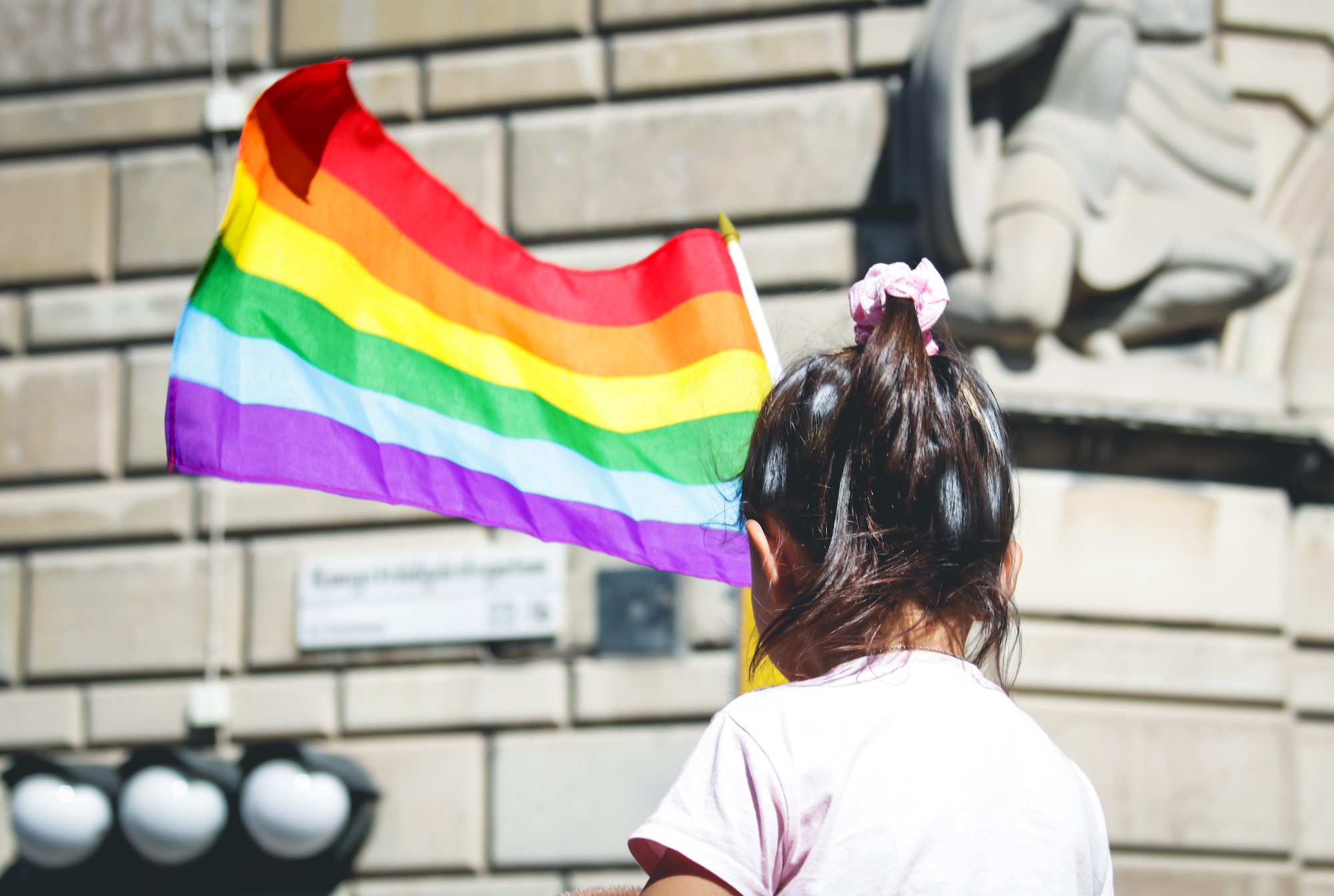In Utah, the introduction of a new law governing transgender students’ access to bathrooms has resulted in widespread uncertainty among families and school administrators. This legislation, which restricts bathroom access based on the sex assigned at birth, has ignited debates and confusion as stakeholders try to understand and implement the new rules.
The law, passed by the Utah Legislature earlier this year, aims to address what sponsors describe as privacy and safety concerns. However, opponents argue that it discriminates against transgender students and complicates already challenging situations for these youths. “It is a solution looking for a problem that doesn’t exist. It is not protecting anyone, and is only harmful,” said Sue Robbins, a transgender rights advocate.
Parents like Emily Clark are expressing frustration over the ambiguous guidance coming from school districts. According to Clark, there’s been a lack of clear information on how the law should be enacted. “We’ve heard nothing definitive from the district,” she commented. “It just adds another layer of anxiety on top of everything else.”
School officials are also in a bind, caught between implementing the state’s directive and addressing the concerns of students and parents. Some districts are still waiting for more detailed guidelines from state education authorities on how to lawfully navigate these sensitive situations.
Amidst the turmoil, Robbins emphasizes the potential harm to transgender students, who may face increased scrutiny and discrimination. “This kind of legislation does nothing but create fear and misunderstanding,” Robbins stated.
As the law goes into effect, all parties are calling for clearer regulations and more effective communication to ensure that the rights and dignities of all students are respected and protected.

